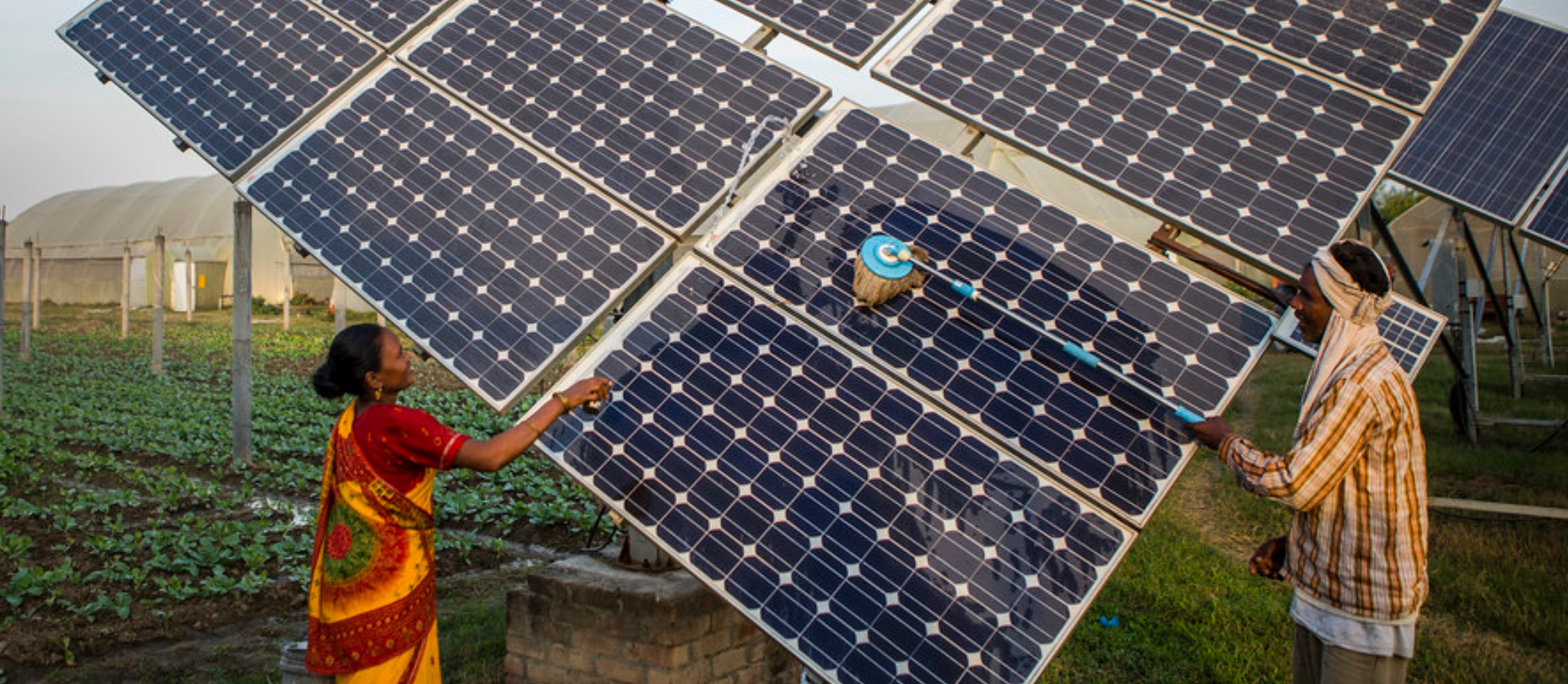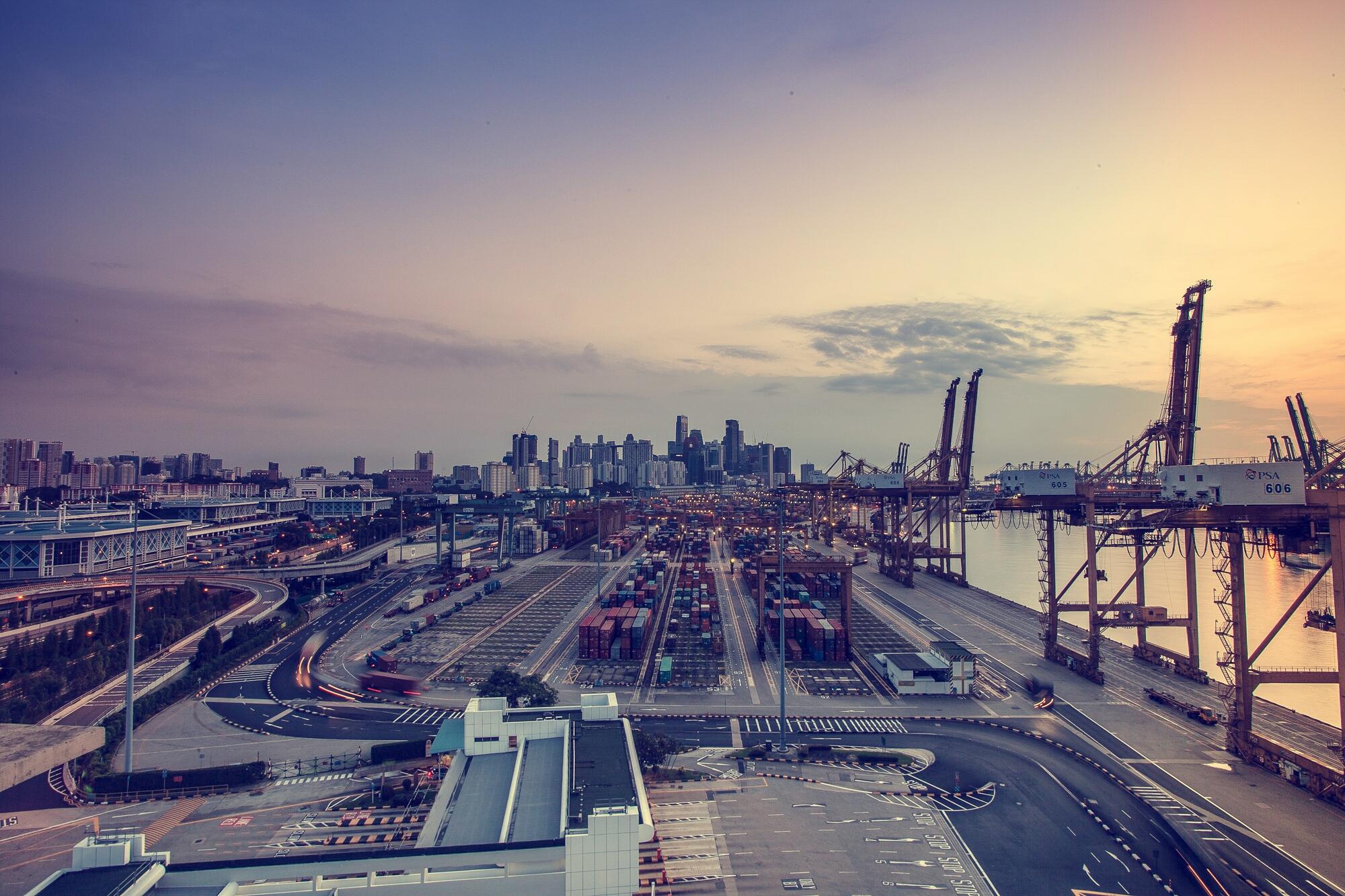Publications
Thailand: Supporting Sustainable Development in Thailand: A Geographic Clusters Approach
Publication Year: 2006 Publisher: World Bank
Biodiversity and ecosystems
Related Goals

Climate Action and Synergies
Related Goals

Indicators
Related Goals

Poverty eradication
Related Goals

Sustainable cities and human settlements
Related Goals

Sustainable tourism
Related Goals

Sustainable transport
Related Goals

Water and Sanitation
Related Goals
Background
Market forces and government policies, including the Tenth National Development Plan (2007-2012), are moving Thailand toward a more geographically specialized economy.
There is a growing consensus that Thailand’s comparative and competitive advantages lie in amenity services that have high reliance on the following: (i) fashion and design; for example, jewelry, garments, ceramics, advertising, media; (ii) human interaction in the application of technology, often high technology; for example, world-class medicine and spas; (iii) cuisine; for example, high-value processed foods and specialized restaurants; and (iv) high quality natural and built environments, in support of beach tourism, retirement communities (domestic and international), and second home and footloose knowledge worker lifestyles. Such an economy places a higher premium on the quality and accessibility of so-called place. Successful development in Thailand will require higher quality landscapes and better natural resource management.
There is a growing consensus that Thailand’s comparative and competitive advantages lie in amenity services that have high reliance on the following: (i) fashion and design; for example, jewelry, garments, ceramics, advertising, media; (ii) human interaction in the application of technology, often high technology; for example, world-class medicine and spas; (iii) cuisine; for example, high-value processed foods and specialized restaurants; and (iv) high quality natural and built environments, in support of beach tourism, retirement communities (domestic and international), and second home and footloose knowledge worker lifestyles. Such an economy places a higher premium on the quality and accessibility of so-called place. Successful development in Thailand will require higher quality landscapes and better natural resource management.





